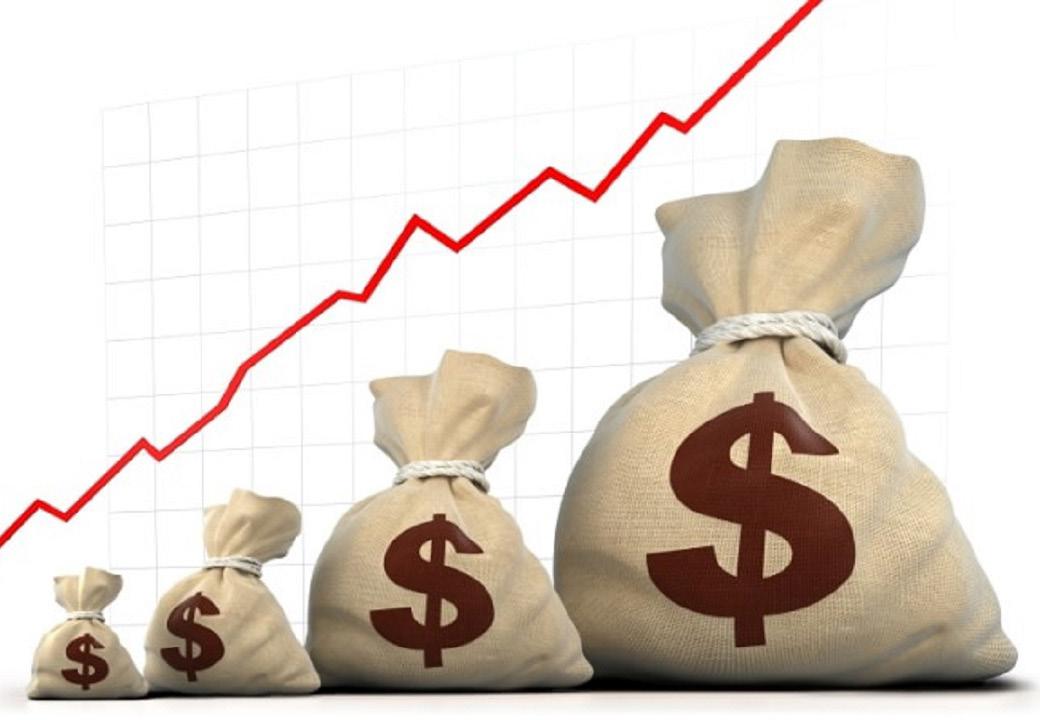
3 minute read
How to Save on
How to Save on Healthcare Costs in 2018
Your cable bill, entertainment expenses, grocery extras - these often top the list when people sit down to discuss where they can save money.
One expense you should consider in 2018 is your healthcare costs. Since autumn marks the beginning of the annual open enrollment period for employees, now is the ideal time to sign up for a new health benefit plan or make adjustments to your current plan. Health Savings Accounts (HSAs) and Flexible Spending Accounts (FSAs) are two options for people looking to save money pre-tax in the New Year. An FSA, which is provided by your employer, allows you to save funds for eligible healthcare expenses. An HSA - which you can obtain on your own or through your employer - is a tax-advantaged savings account that allows you to set aside money to cover medical expenses throughout your lifetime.
Both accounts have the major advantage that the full amount of your pre-tax dollars may be used toward care that you or your family may need. Employees who enroll in an FSA can contribute a portion of their salary pre-tax to pay for qualified medical care expenses within the plan year, while an HSA provides people with qualifying high-deductible health plans the ability to rollover balances and pay for current and future medical expenses.
GetRuralLeaderMag.com | NOVEMBER 2017 9 Awareness and interest in HSAs has increased this year, with the highest levels of interest stemming from Millennials and Gen Xers, according to the 2017 Flexible Spending Account and Health Savings Account Consumer Research study commissioned by Visa and conducted by C+R Research. This nationwide online research was conducted in March 2017, with the FSA survey conducted among 1,306 consumers and the HSA survey conducted among 1,090 consumers.
Key features of HSAs that are most appealing to consumers include the ability to roll over unused dollars from year to year, pre-tax contributions, and having money available to pay for healthcare services.
The study indicates that 91 percent of FSA users agree that saving money, since contributions are pre-tax, tops their list of reasons for having an FSA. Sixty-four percent of FSA users believe that FSAs help them be more prepared and plan for healthcare expenses. In fact, 22 percent of their healthcare purchases (most notably routine doctor visits and vision expenses) on average would not be made if they didn’t have an FSA.
One of the most convenient ways to access funds

10 RuralLeaderMag.com | NOVEMBER 2017 in an HSA or FSA is with a Visa Healthcare Card, which allows people to use funds in their HSA or FSA to pay for qualified medical expenses wherever Visa debit cards are accepted, making it easy to pay for expenses such as: *Co-pays and deductibles *Prescriptions *Dental services: Cleanings, orthodontia, dentures *Physical exams *Vision care, including exams, new glasses, laser eye surgery *Hearing exams and aids *Medical equipment such as blood pressure monitors, thermometers *Smoking cessation programs
For added convenience, many pharmacies, grocery stores and other retailers that sell healthcare products have the capability to distinguish between covered items and non-covered items when you pay for them, so you don’t have to wonder whether something is covered.
By using a Visa Healthcare Card at these locations, you no longer have to pay out-of-pocket and then submit receipts to be reimbursed for your medical expenses, saving you time and money!
These are all great reasons why 80 percent of FSA users surveyed prefer to access their funds with their FSA card over other methods, and why 76 percent of HSA users surveyed say a debit card linked to an HSA makes paying for medical expenses convenient. As you review your options this open enrollment season, ask your employer if it offers an HSA or FSA with a Visa Healthcare Card to provide easy access to your funds. To learn more, visit www.visahealthcare. com.—BPT






